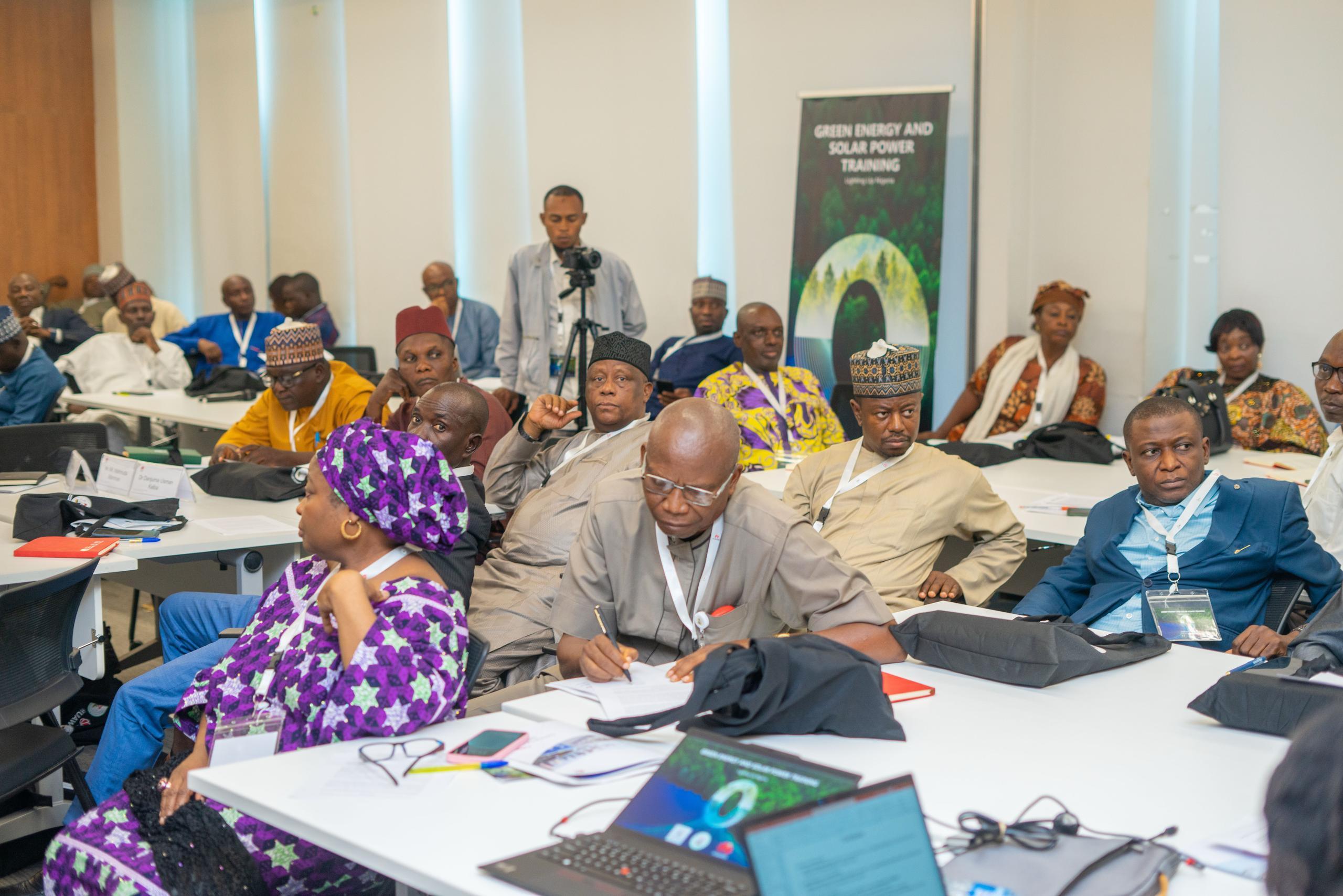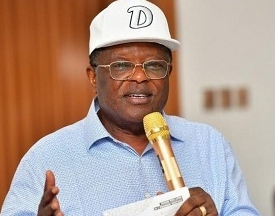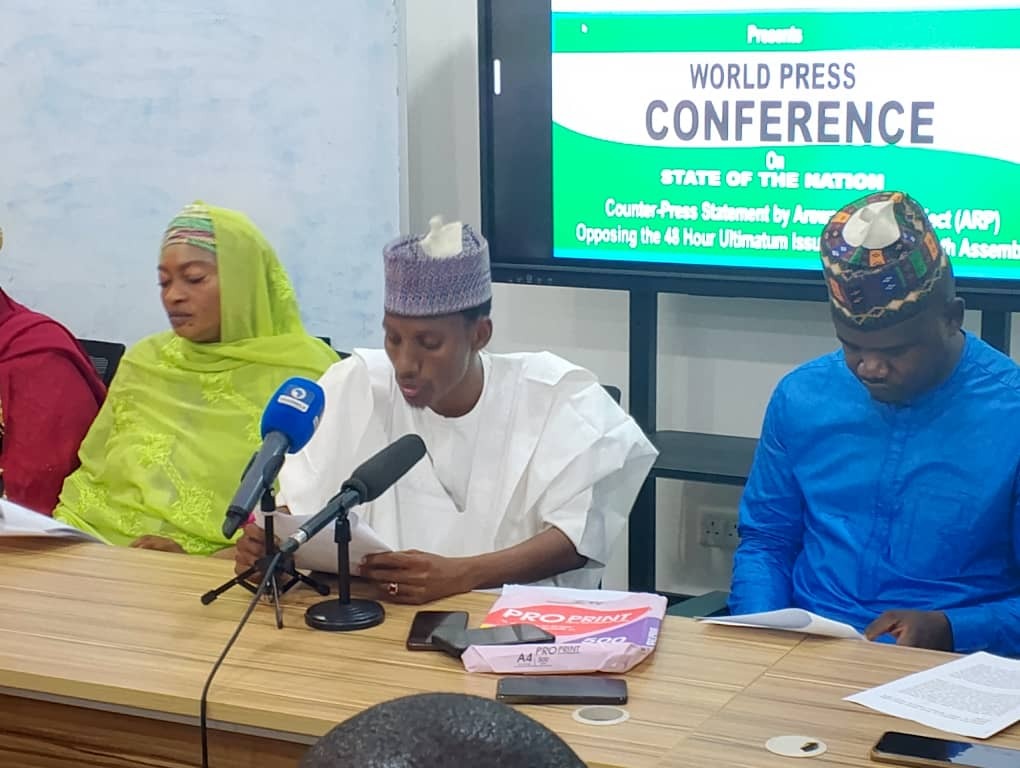In a move to support Nigeria’s transition to renewable energy, global technology giant Huawei has collaborated with the Office of the Head of the Civil Service and the Ministry of Power to equip Nigerian civil servants with essential skills in the green energy sector.
The two-day training programme theme “Green Energy and Solar Power Training” held in Abuja, targeted Directors of Engineering Departments across various ministries and agencies, aiming to enhance their knowledge of solar energy technologies and further champion its adoption in Nigeria. Participants were trained in making informed decisions on solar product selection, system maintenance, and ensuring energy efficiency in government operations.
Speaking at the opening of the training, Minister of Power Chief Adebayo Adelabu, represented by Permanent Secretary Alhaji Mahumuda Mamman, highlighted Huawei’s critical role in advancing renewable energy solutions.
“Huawei, as a global leader in technology and innovation, has been instrumental in making solar energy more efficient, scalable, and accessible,” Adelabu stated.
“Their involvement in this programme reflects their commitment not only to technological advancement but also to the education and empowerment of Nigeria’s energy leaders.”
Adelabu expressed confidence that the training would equip participants with valuable skills that would benefit their careers and contribute to Nigeria’s goal of energy independence and sustainability.
“The success of our energy transition depends on collaboration—between government, industry, and the technology sector,” he added.
“By working together, we can develop the infrastructure, policies, and human capital needed to accelerate Nigeria’s shift to a green energy economy.”
In his welcome remarks,Huawei Board Director Jim Zhang underscored the company’s longstanding presence in Nigeria, emphasising its contributions to the country’s digital and energy sectors.
“A lot of people know Huawei for our equipment, headsets, and laptops. However, we also provide digital power solutions, smart photovoltaic (PV) systems, and energy storage solutions (ESS) in Nigeria,” Zhang said.
He noted that Huawei has been in Nigeria for 26 years, operating two headquarters in Lagos and Abuja, alongside a training centre, an operations centre, and an innovation hub.
“We have already supplied nearly 100 megawatts of power through our smart PV and ESS systems in Nigeria,” Zhang revealed.
“We also collaborate with several universities, offering training programmes for students and professionals.”
Zhang reaffirmed Huawei’s commitment to working closely with the Nigerian government and businesses to address electricity challenges and enhance energy efficiency.
Head of the Civil Service of the Federation, Mrs Didi Esther Walson-Jack, represented by Permanent Secretary Dr Danjuma Usman Kalba, commended Huawei’s efforts in training civil servants. She stressed the importance of institutionalising such initiatives to ensure continuous capacity building in the public sector.
“We cannot thank Huawei enough for making itself available and organising this training,” Walson-Jack said.
“We hope this will become a continuous initiative within the civil service.”
She further emphasised the economic and environmental benefits of renewable energy, urging ministries and agencies to align their strategies with global sustainability policies.
“The world is increasingly focusing on climate change and its impact. It is essential that Nigeria aligns with global renewable energy policies,” she said.
“I encourage participants to seize this opportunity to understand solar energy systems, particularly their maintenance and practical applications.”
The 2-day training program features technical sessions tailored to enhance participants knowledge and capabilities in solar power, as well as site visits to Huawei-implemented project sites as part of the effort to equip participants with practical knowledge and drive the nation towards a sustainable and energy-efficient future.











